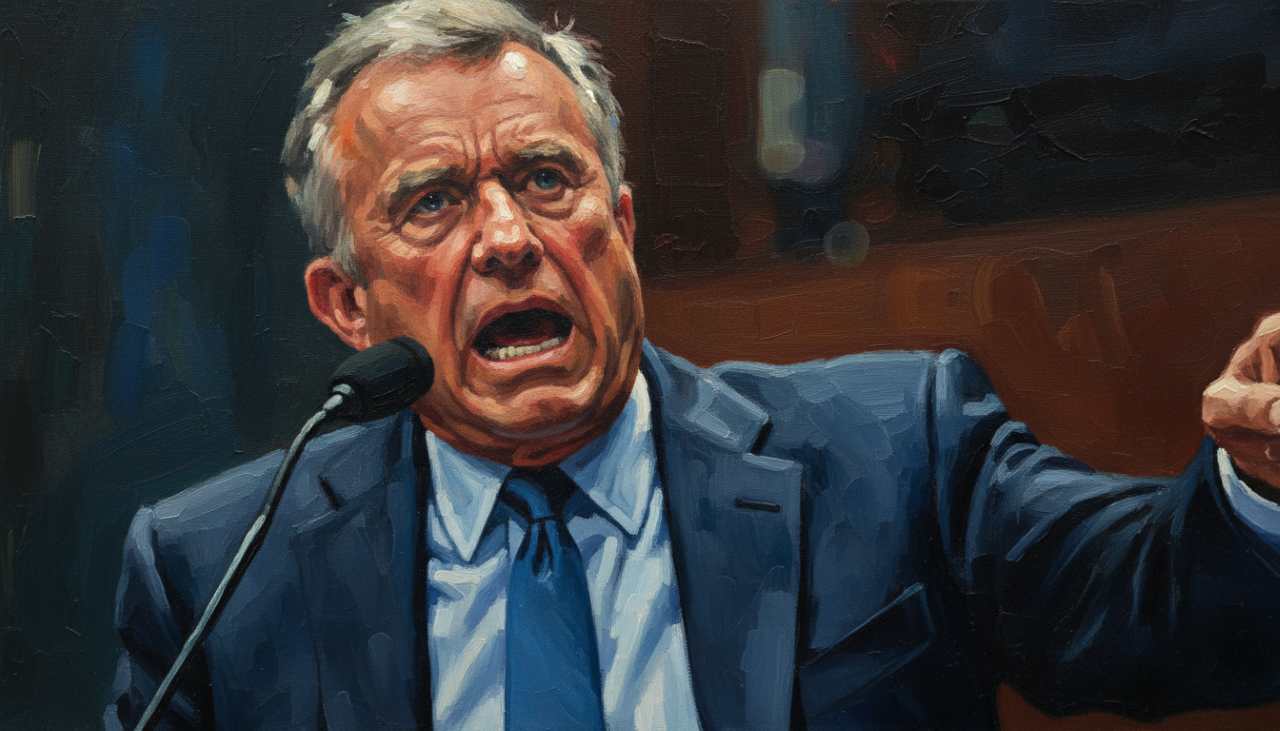A Capitol Reckoning: Kennedy’s Contentious Testimony
Robert F. Kennedy Jr., now Health and Human Services Secretary, found himself at the center of a political and scientific maelstrom on Capitol Hill this week. In a Senate Finance Committee hearing that quickly turned combative, Kennedy was pressed by both Democrats and Republicans over his repeated claims about vaccine safety, his overhaul of the CDC, and the broader direction of American public health policy. The hearing, which was supposed to be a routine check-in, instead became a referendum on Kennedy’s controversial tenure and the growing rift over vaccine policy in the United States.

The Flashpoint: Vaccine Misinformation and Political Theater
Kennedy’s appearance was always going to be a spectacle. His history as a vaccine skeptic is well documented, but as HHS Secretary, his words now carry the weight of federal authority.
Senators wasted no time zeroing in on his recent statements, with top Democrats accusing him of “lying about vaccines” and “conflating issues to confuse the public” rather than providing clear, evidence-based guidance. Senator Maria Cantwell called Kennedy a “charlatan,” while Senator Ron Wyden said he had “never seen anyone lie about American health care with a public official” in the way Kennedy did during the hearing. Senator Bernie Sanders, never one to mince words, declared Kennedy “unfit for this job,” warning that his rhetoric was putting parents in a bind and endangering children nationwide.
The Republican Dilemma: Buyer’s Remorse and Political Calculus
Republicans, some of whom were instrumental in Kennedy’s confirmation, found themselves in an awkward position. Senator Thom Tillis, who had previously supported Kennedy, admitted that HHS messaging under Kennedy was “dangerous” and partly responsible for states like Florida moving to eliminate childhood vaccine mandates. He stopped short of expressing outright regret, but his warning was clear: the rhetoric coming from HHS could have real-world consequences for public health, especially among communities with less access to scientific information. Senator Bill Cassidy, whose vote was decisive in Kennedy’s confirmation, dodged questions about whether he still had confidence in Kennedy, saying only that the committee would be conducting oversight.
The Science Under Siege: CDC Shakeups and the Autism Debate
The hearing also delved into Kennedy’s recent shakeup of the CDC and his decision to bring vaccine critic David Geier on as a contractor. Geier, known for a retracted paper linking vaccines to autism, is now analyzing data in the CDC’s Vaccine Safety Datalink. Kennedy insisted Geier was not involved in a separate $50 million autism research initiative, but his defense of Geier’s role raised eyebrows among senators and public health experts alike. The move was seen by many as a signal that Kennedy is intent on reshaping the nation’s vaccine policy apparatus in line with his own views, regardless of scientific consensus.
The Broader Impact: Public Trust and the Future of Health Policy
What played out in the Senate hearing room was more than just political theater. It was a window into the deepening crisis of trust in American institutions, especially around science and public health. Kennedy’s critics argue that his statements and policy moves are eroding the public’s confidence in vaccines at a time when misinformation is already rampant. The stakes are not abstract: as states consider rolling back vaccine mandates, the risk of outbreaks for diseases once thought to be under control grows ever more real.
A Moment of Reckoning
The Kennedy hearing was a reminder that in 2025, the battle over vaccines is not just about science—it’s about who gets to define reality for millions of Americans. The Senate’s grilling of Kennedy was fierce, but the real test will be whether Congress, the administration, and the public can find common ground on the basic facts of public health. For now, the country is left with more questions than answers, and a sense that the debate over vaccines is far from settled.
